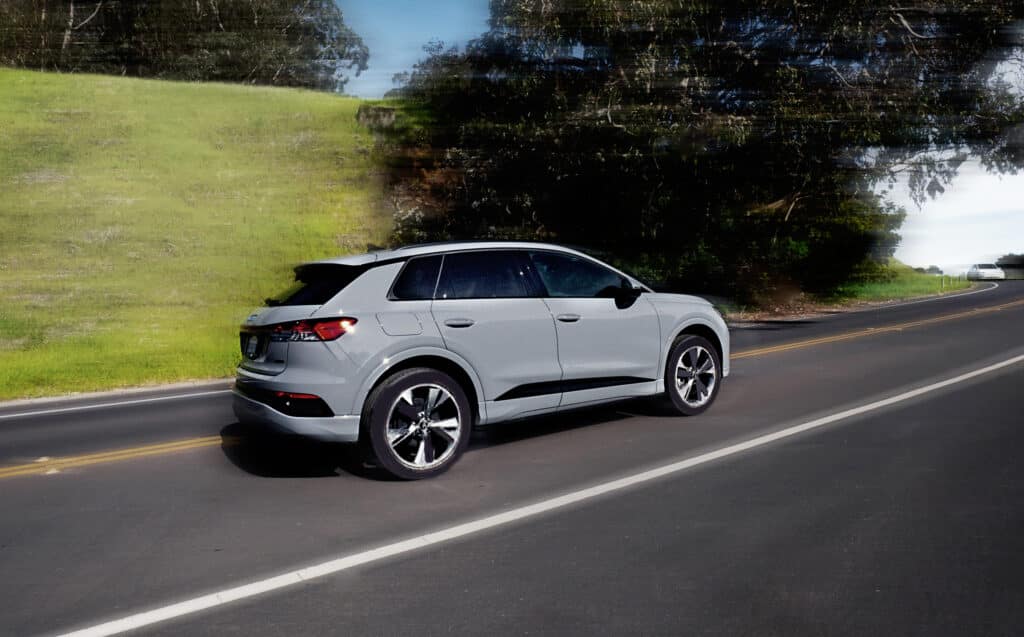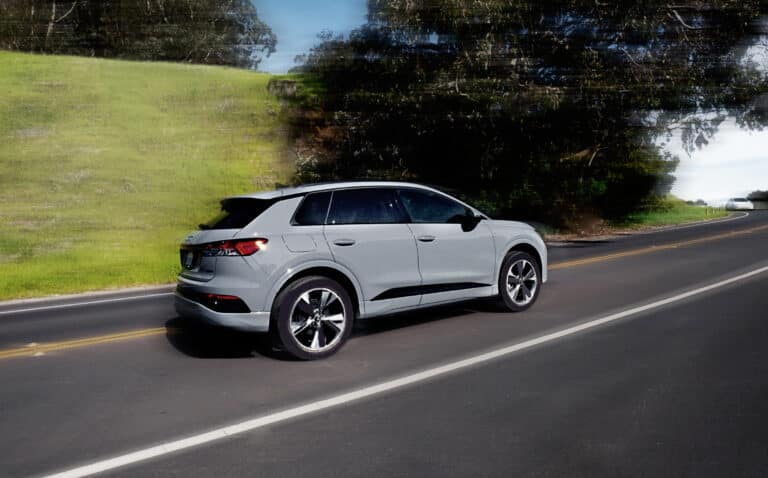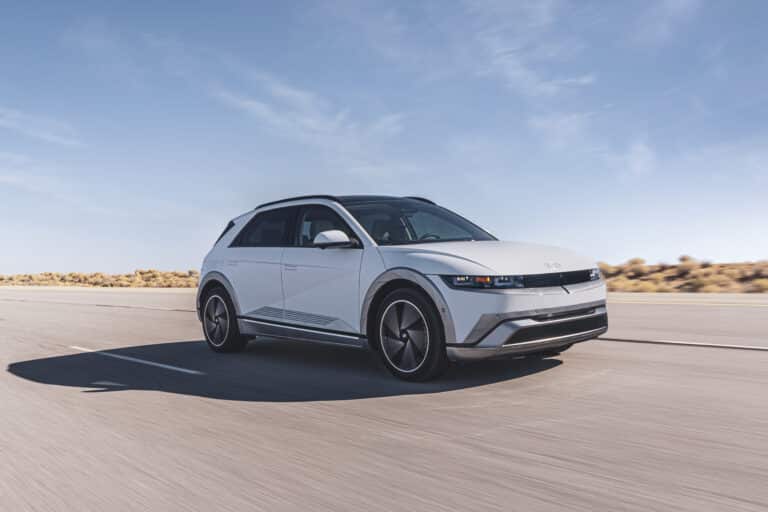Smarter Car Buying Starts Here
The Cartelligent Blog is built to help you outsmart a broken system. Explore expert advice, real-world tips, and clear answers that make buying or leasing your next car easier, faster, and smarter.
How We Solve Car Buying
Our articles are not just insights. They are real answers to the real problems you face when buying or leasing a new car. Learn what to ask. What to avoid. How to get more car for your money. And how to skip the stress altogether.
How to Handle Damage When Your Car Lease is Ending: A Real Strategy
Recent Posts
Best Lease Deals, Zero Hassle: The Busy Entrepreneur’s Hack
Best Car Deals in December: What Smart Buyers Need to Know
Best SUV 2025: The Ultimate Rankings Revealed
Best SUVs: Luxury Midsize Comparison – Range Rover Sport vs. BMW X5
Build Your Own Car: Porsche – The Exclusive Manufaktur Guide
We’re Your Champion
From start to finish, leave the puzzle to us and forget all of that pressure and stress. Just get the expert advice that actually helps you drive off in your new ride.
Blog Form
"*" indicates required fields








